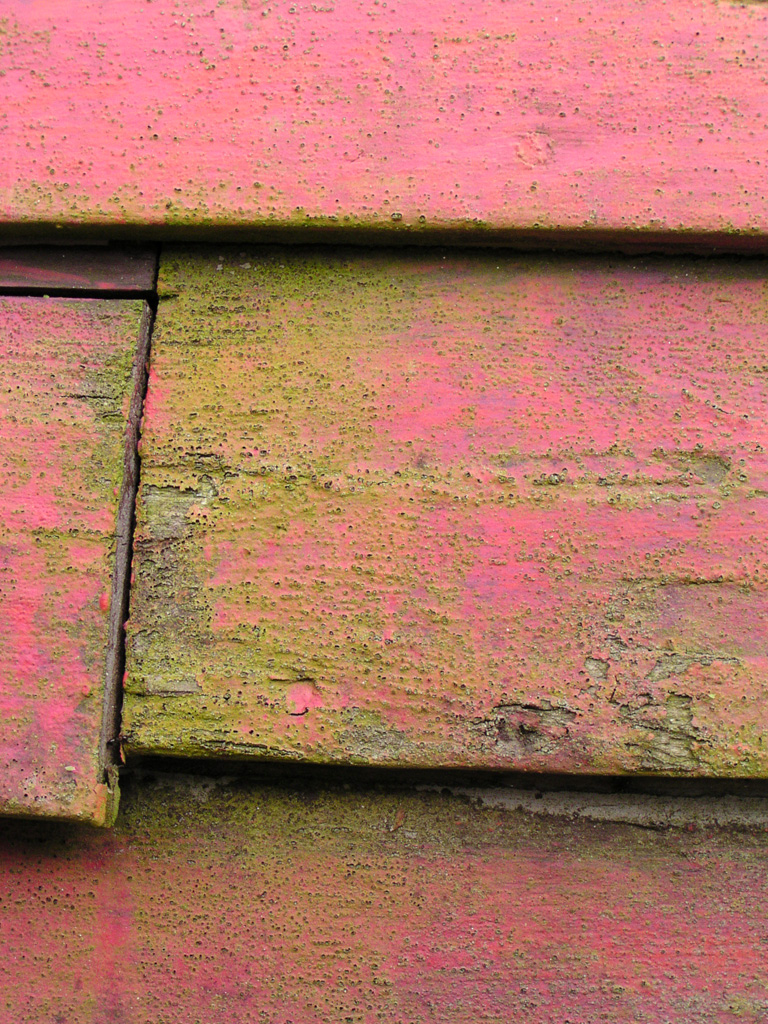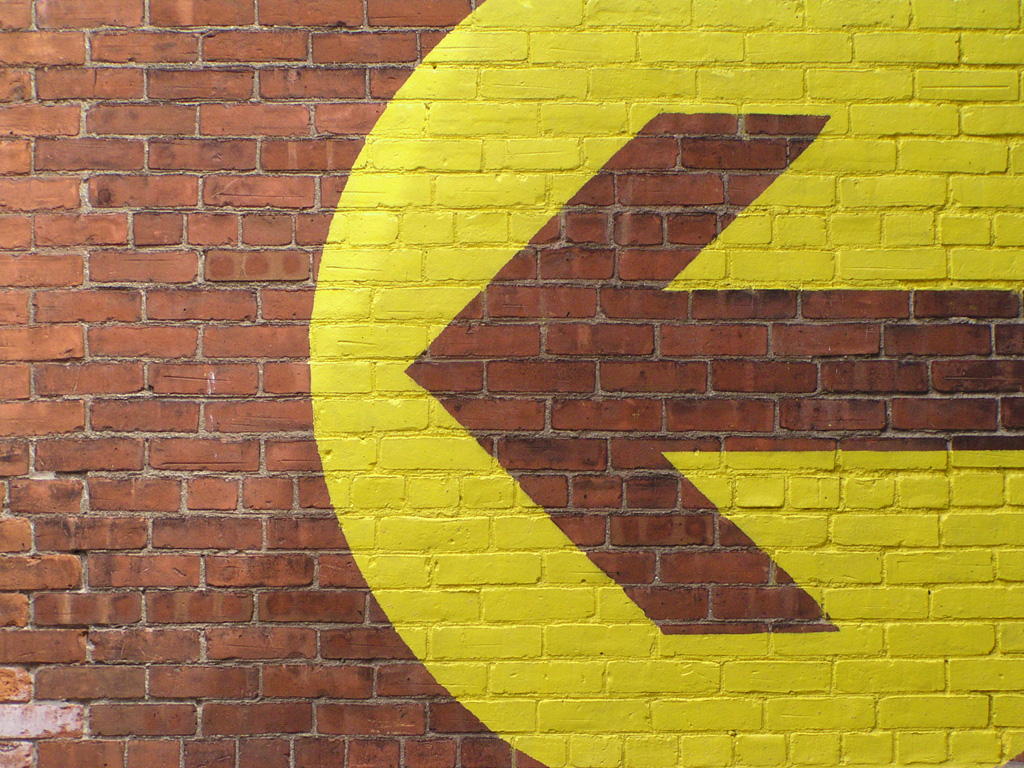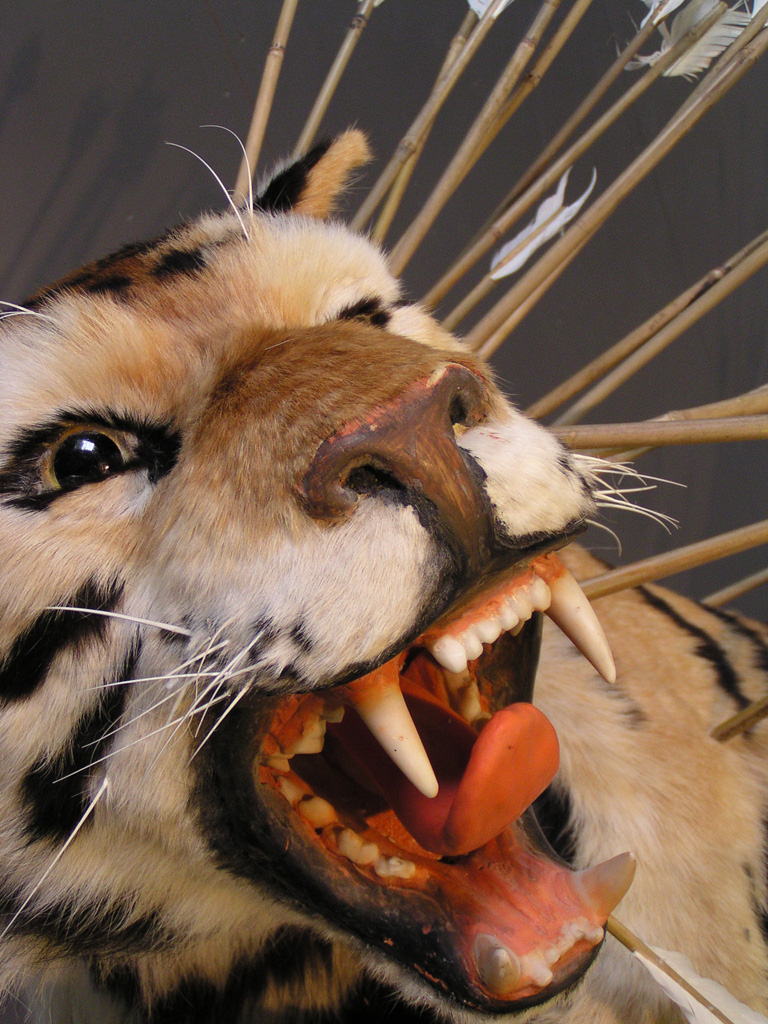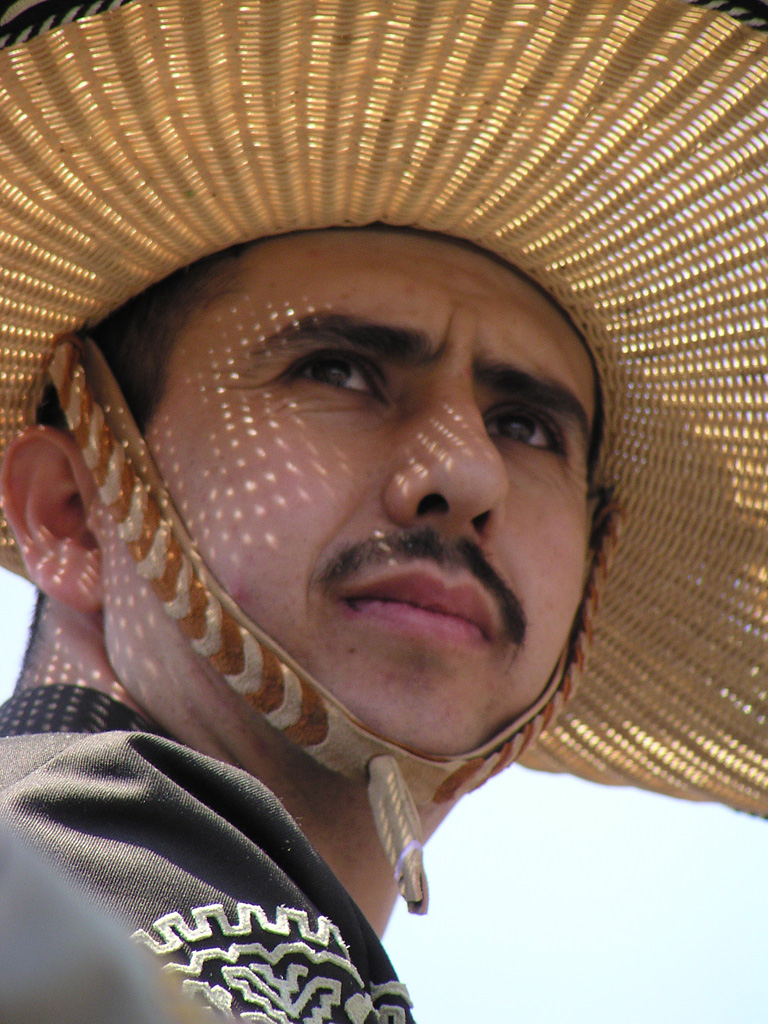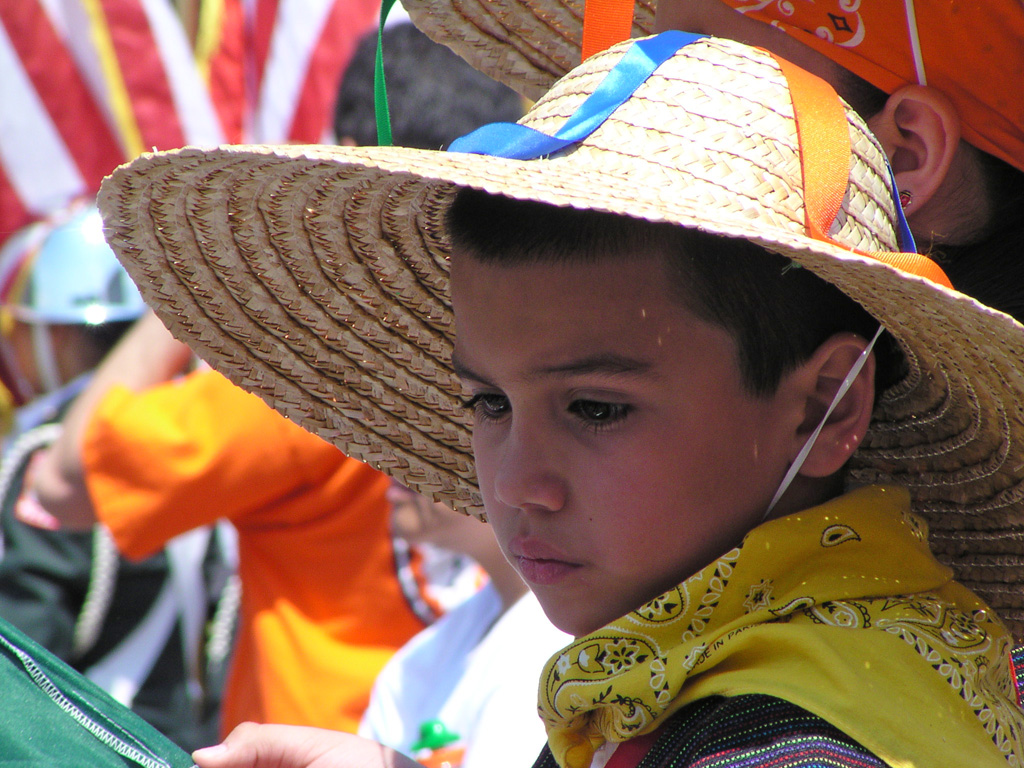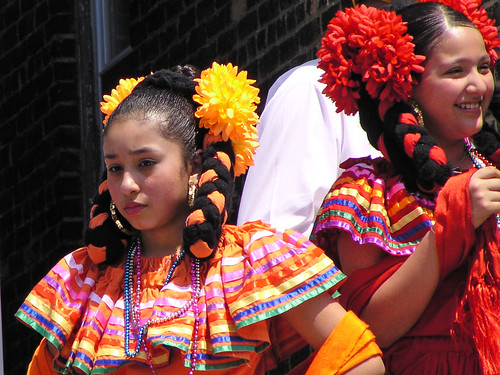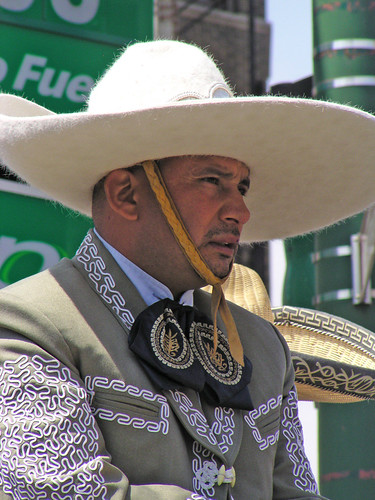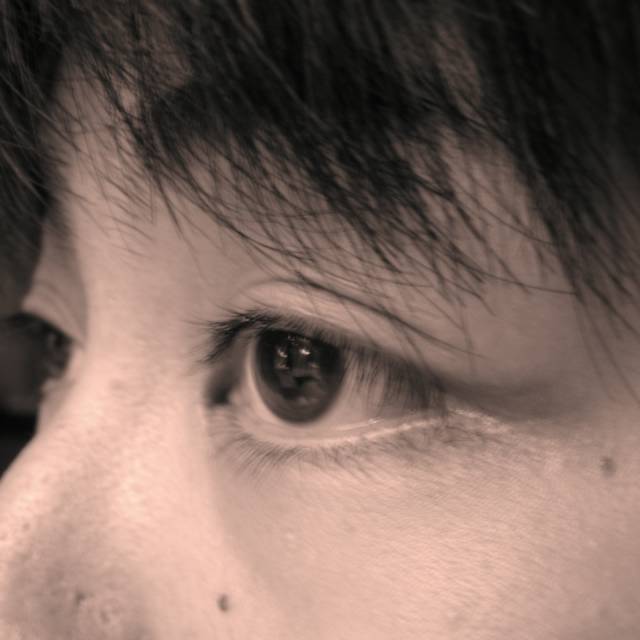This is my translation of the first chapter of "Wildfire" by Shohei Ooka. As to why I started this and the general overview of the book and the author, check
this post.
1. Departure
He hit me on the cheek. The squad leader rapidly told me as follows.
"You fool. Who in the world comes back here just because they tell you so. Tell them there's no place to go back and stick around there. Then the hospital people do something. The company can't afford to keep a tubecular like you. Look, all our boys are out looking for food. We're on the defensive. No room to feed a useless soldier. Go back to the hospital. If they refuse, squat there for however long. They can't leave you like that. If they wouldn't accept you... you die. You've received your grenade for nothing. Now that's the only service you have left."
I kept looking at his lips that became wetter as he spoke. It is unclear why he had to be so enraged when I was the one who were receiving the fatal sentence, but probably it is because of the military habit of growing excited as his voice become louder. Ever since the situation deteriorated, the anxiety they had to conceal under the mask of the officer repeatedly exploded on us servicemen. That our squad leader talked solely of food was obviously because it was his biggest worry.
There was no way the hospital would accept a patient without food, however persistently I "squatted." The provisions were scarece, and the army surgeons and the medical orderlies lived on the provisions they received for their patients. In front of the hospital had been several idle "squatters." They also had been told from their squad to "die."
Shortly after the landing on the western shore of the Leyte Island in late November, I had had a little hemoptysis. After the shoreline operation against the air force and the difficult march inland, the preexisting condition, which I had had concern about during our station on the Luzon Island, worsened. I was given five-days worth of provision, and sent to the medical camp in the mountains. At first, in front of the blood-covered injured soldiers lie on the floor of civilian houses without any decent care, the military surgeon yelled at me for my weakness to have come to the hospital just for tubeculosis. Seeing that I had provisions, however, he allowed me to stay.
Three days later, I was told that I was cured and sent back. But at the squad, I was told that they wouldn't take me as cured, that they should keep me for five days because I had taken given five-days worth of provision. I went back to the hospital. They refused me, saying that my provision couldn't be for five days, it had been spent already. Then this morning I came back again to the squad like a ball thrown back, but it is only because I wanted to see if the squad would tell me to "die."
"I understood. Private Tamura will immediately head to the hospital, and if they do not accept me, I will end it."
We generally were not allowed to show off our individual judgement as "understand," but he let me slide this time.
"Good, go strong. Everything is for the country. Behave as an imperial soldier until the very end."
"Yessir!"
In the room, a sergeant responsible for the salary was making some document at a dirty wooden box by the window. He was silent, pretending to be unable to hear our conversation at his back, but when I reported to him, he stood up, and said to me, squinting his narrow eyes even narrower.
"Good. I'm sorry it is as if we were kicking you out, but you have to consider the squad leader's position, too. Don't die in vain like a dog. Here's your provision."
From the small heap of the yams in the corner of the room, he carelessly scooped some and handed them to me. They were called Camote, a Philippine yam similar to our sweet potatoes. As I thanked him, received the yams and put them in the sack, my hands trembled. The sustainance of my life, that is guaranteed by the nation which I belonged to and which I offer my life to, is limited to these six yams. This number six had a terrifying mathematical accuracy.
I saluted and about-faced. The voice of the squad leader chased me.
"No need to report to the company commander."
For a moment, I thought it might save me if I went to the company commander, but it was XXXX. At the front, officers succumbed to the collective will of the noncommissioned officers. The room of the company commander was a step away from the room, in the annex connected by a breezeway, but the straw mat that covered the entrance was nothing but still.
"No need to report" meant that it had been settled when I was sent back to the hospital the day before. My return today, was completely unnecessary. This was purely the matter of the squad leader.
Down the half-rotten wooden stairs, the sunlight through the trees was on the ground like fallen petals. To the side continued a shrub with flowers of faded crimson, similar to cluster-amaryllis, and in the woods beyond the shrub a few more than ten soldiers were digging air-raid shelters.
Due to the shortage of shovels, they digged them utilizing broken pots and sticks that they found in civilian houses. We were hiding in the mountainous village, as nothing more than stragglers, whom the Americans did not come to air-raid any more, but the shelters were necessary for our sense of security. Plus, we had nothing else to do.
In the shade of the woods, the faces of the soldiers were dark, devoid of expression. Some, who looked up toward me, soon diverted their eyes and resumed their task, looking down.
Most of them were the supplement soldiers who came from the main land with me. Although during the boredom of the transport ship we united in the slave's sentiment, the cotidian necessities of three-month-long station life with the KOSANHEI returned us to the same egoists as we had been in the normal society. And it inevitably became more serious as the situation worsened after our landing on this island.
When I became sick and it became clear that I only receive their favor, without being able to return them, something clearly cold flowed between us. Where the premonition of danger persists, without materializing, the retrocessive instinct of self-preservation turns human beings more egotistic than necessary. I did not feel like going to tell them my fate, which they already knew. To stimulate their cornered humanity was rather cruel.
At the foot of a tree ahead, about half a dozen guradsmen loitered. And it was all the military force left to the position of our company.
Our combined brigade, which was a part of the army corpses landed on the western coast to supplement the losing situation in Tacloban area, had lost more than half of its men to the aerial attack at the beach. Heavy firearms sank with the ships before we could unload them. Nonetheless we marched on a narrow path across the central mountains to the Browen Airfield, following the initial plan of operations, but were pushed back by remnants of a preceding army corps at the foot of the mountains. They told us that it is impossible to advance at the head, in a chaos due to the activity of the enemy commando unit with a mortar. We could not but take the south-bound course into the mountains, cutting open our passes, but at the mortar attacks from three sides on the way, came back down to the bottom again to disperse in the valleys of the area to bivouac, without anything to do. Rumor had it that the communication officer sent to Ormoc came back with an order to advance, which the commanding officer was ignoring.
The provision for twelve days we carried from Ormoc had been depleted. The corn and other grains, which the local residents left behind in the nearby villages, were consumed almost instantly. A third of the forces of the company, which was now effectively reduced to the size of a platoon, took turns to go out to the surrounding field to collect yams and bananas from the natives' farms. Or rather, to go out to feed themselves. After four or five days of eating that way, they came back with food enough to meet the demand of the remaining company while the next third went out in turn. Other companies, scattered around the nearby villages, were scavenging food in the same manner, resulting in frequent dispute over the prior right to the fields. The distance and duration of the missions grew longer.
Unable to bear the burden due to the hemoptysis, I could not join this food collection. This was why I was told to die.
I approached the guardsmen through the woods. They sat down on the ground, watching me welcomingly. It was annoying to repeat to the leader of the guardsmen that I had been abandoned by the company, but what was more torturous was to expose my misery to their indifferent sympathy. It took long to reach where they were, walking in the expectant gazes.
The lance corporal in charge of the guardsmen, however, changed his expression when he heard my formal report. This pale civil engineer, who was transferred from a construction troop in Mahchuria, was reminded of his own anxiety.
"There's no telling who are better off, you the leaving or us the remaining. We'll end up in suicide attack anyway," he muttered.
"They won't let you in at the hospital," one of the soldiers said.
I laughed and said, "if they won't, I'll just insist until they will," an exact repetition of what the squad leader had told me. All I thought was to end this scene as quickly as possible.
When we saluted good-bye, the face of the soldier who happened to exchange glances with me, was distorted. My own distorted face could have infected him like a yawn. I departed.
